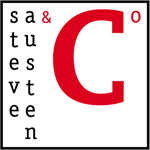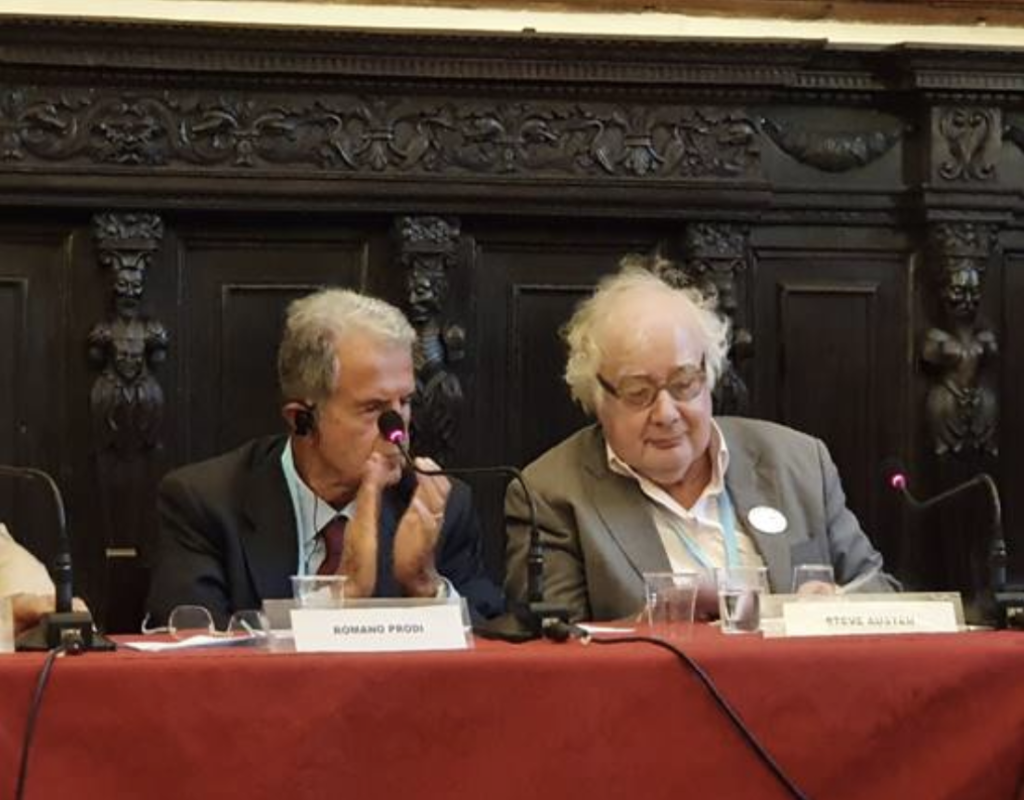The seminar “From a divided to an enlarged Europe: an assessment (1989-2019)” held in Ravenna from 2-6 September 2019 as part of the Erasmus+ project “Towards an MBA European Culture, Heritage and Citizenship”, included a round table discussion and public debate.
Romano Prodi (president of the European Commission from 1999-2004) and Steve Austen (Netherlands Business Academy, initiator of the project) reacted on various remarks from the audience.
Most burning concerns were about the future of the EU: will it be the United States of Europe and what is the envisaged final concept? When will the format of the EU be clear and completed?
Mr. Prodi pointed out that those who wish to compare the EU with the US should have a closer look to those factors that make the US a successful federation. Characteristics the US do have and the EU doesn’t, are the common language for instance, as well as the shared heritage of its inhabitants and the absence of a history of strong nation states. Mr. Prodi also mentioned that unlike the EU, the governments of federal states do spend enormous sums of taxpayers’ money at the level of the central federal government. Finally, Mr. Prodi underlined that those that feel comfortable with their federation don’t feel the need of thinking about alternatives, they therefore are convinced that their government is the best in the world.
In addition, Steve Austen referred to a speech of Van Rompuy stating that the Union does not resemble any other existing form of state. It is not a nation state, not a federation nor a confederation, it is something completely new that cannot be found anywhere else in the world. It is ‘something original, something unique, and should be regarded as the largest area of democracy, freedom, prosperity and social justice in the world’¹.
Following the analysis of Jaap Hoeksma²: It is a developing political entity that differs not only from familiar forms of the state, but also from familiar international organisations, be they supranational, intergovernmental or multilateral. The unique and specific character of the EU is expressed in the application of the concept of the democratic constitutional state to an international organisation, thereby providing a framework for the extension of the European citizenship that is known to all citizens. The framework of the democratic constitutional state they have been familiar with for a long time, or have been gradually getting to know since the fall of the Wall and joining the EU, now applies to the territory of the Union as a whole and is guaranteed by the Treaty of Lisbon.

